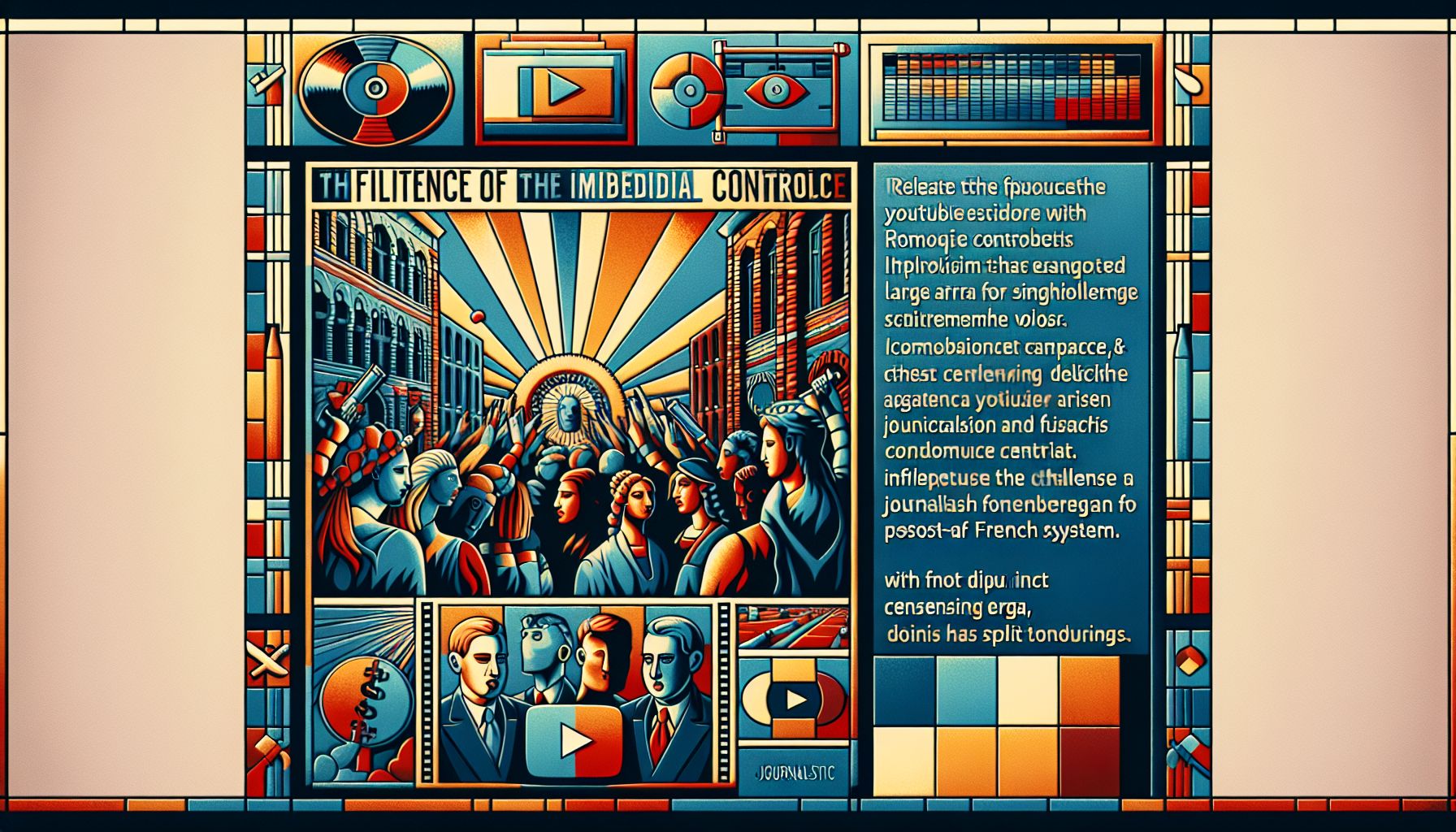YouTube's Role in Challenging Kremlin Control

Despite limited access to other US-based social media, YouTube remains crucial in Russia, enabling dissidents and journalists to bypass censorship and influence public opinion.
The Power of Unrestricted Content
YouTube has emerged as an indispensable platform for Russian dissidents and journalists, providing a space where they can share information and ideas without the heavy hand of government censorship. Unlike other social media platforms that have been banned or restricted, YouTube’s broad reach and user-friendly interface make it a preferred medium for those seeking to challenge the Kremlin’s narrative.
Navalny’s Impactful Campaign
Alexei Navalny, a prominent opposition figure, has leveraged YouTube to expose corruption and state-sponsored crimes. His videos, including the infamous exposé on ‘Putin’s palace,’ have garnered millions of views globally. These videos not only highlight the misuse of state funds but also serve as a powerful tool for rallying public opinion against the current regime. Navalny’s investigative work, often in collaboration with organizations like Bellingcat, has revealed startling details about assassination attempts and corruption, further cementing his role as a key opposition figure.
Innovative Broadcasting Efforts
To counteract Kremlin-controlled media, innovative efforts have been initiated by groups such as the Denis Diderot Committee. Based in Europe, this committee has partnered with satellite provider Eutelsat and Reporters Without Borders to broadcast independent Russian news channels into Russia and across Europe. Their ‘Svoboda Satellite Package’ now reaches 4.5 million households in Russia and 61 million in the broader region, providing an uncensored alternative to government propaganda.
The Role of YouTube Recommendations
Vladimir Milov, a key figure in the opposition movement, emphasizes the power of YouTube’s recommendation algorithm. This ‘magical black box,’ as he calls it, helps amplify the reach of opposition content, ensuring that crucial messages and investigative reports gain visibility among the Russian populace. Milov notes that this feedback loop is instrumental in generating significant public engagement, with thousands of responses to major events.
Strategic Collaborations
The Denis Diderot Committee is also exploring partnerships with initiatives like eQsat, which aims to use satellites to broadcast digital news files, further combating internet censorship. This strategic collaboration underscores a broader effort to provide Russians with access to uncensored news and information. By creating channels from scratch and utilizing content from dissident YouTubers, these initiatives strive to offer a viable alternative to Kremlin-controlled media.
Challenges and Future Prospects
Despite these innovative efforts, the challenge of circumventing Kremlin control is considerable. The Russian government has made numerous attempts to suppress dissenting voices, including removal requests to Google. However, the resilience of platforms like YouTube and the strategic use of satellite broadcasting present a formidable challenge to government censorship. The ongoing efforts by activists and journalists to leverage these technologies highlight the enduring struggle for free speech in Russia.

